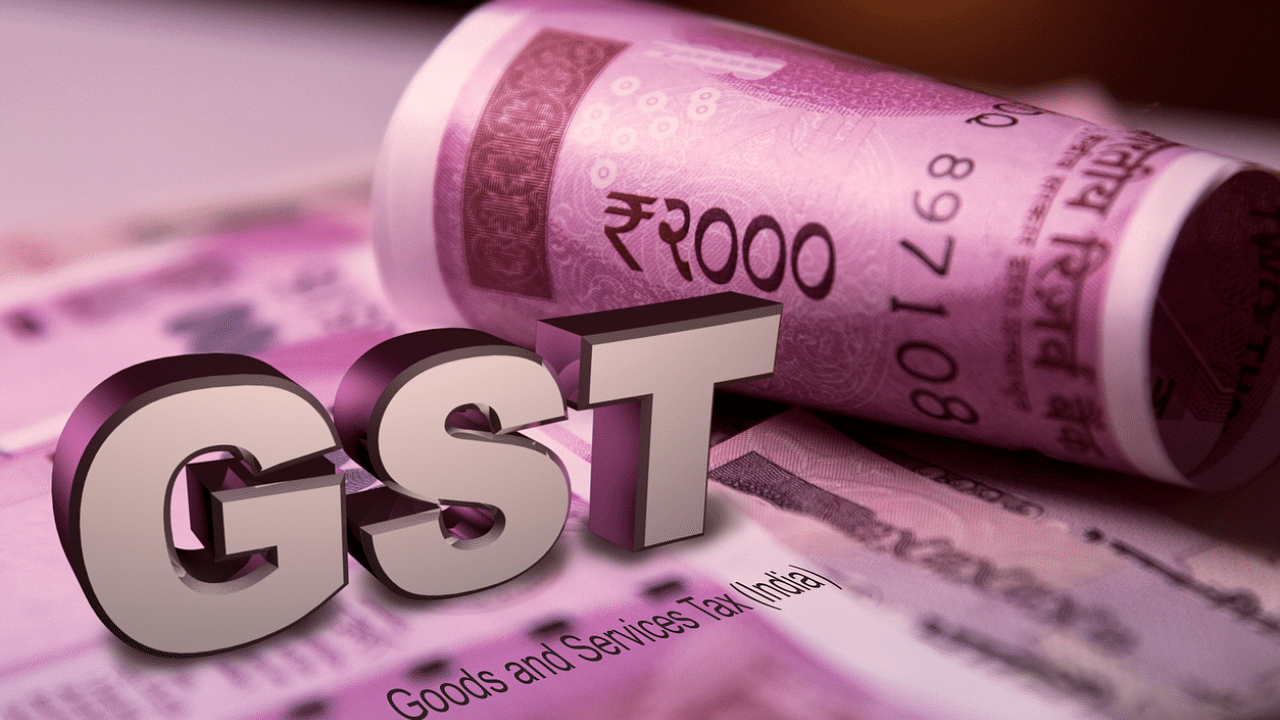
The GST Council, which met last Friday, had many important issues before it but did not make a decision on many of them. These issues had been discussed and the implications of the decisions on them were known even before the Council met.
So, there was little justification for putting them off. An amnesty scheme was announced for small firms failing to file their GST returns on time. Interest was waived for late-payments and some compliance deadlines were extended.
Considering that reducing the burden on business, and on all others whose finances were hit by the Covid-19 pandemic, was an important consideration, this was welcome. But bigger businesses were hit, too, and they could also have been offered relief. The steady increase in fuel prices had given rise to the idea of bringing them under GST. But eventually, no decision was taken on that.
There was no decision on a waiver of taxes on Covid-19 essentials, either. The Council discussed the matter, but a decision was left to a Group of Ministers (GoM) which will present its report by June 8. Even if the GoM recommends a waiver, a decision can be taken only at the next GST meeting.
Read more: Monthly GST return filing deadline extended till June 26
So, there will not be any immediate relief. The Centre did not seem to be keen on such a waiver. It has been argued that the taxes on vaccines and drugs are not very high and so a waiver may not be of much help to patients and their families.
But the finances of families are stretched and a waiver, even if it is small, may lessen the burden on many. Even symbolic gestures are important in these times.
The Centre has said that it will compensate the states for the shortfall in their revenue collections through market borrowing to the tune of Rs 1.58 lakh crore. The states’ fiscal position has been further strained by the second wave of the pandemic and they need strong support from the Centre.
Some states, including Tamil Nadu, wanted permission to impose a special state levy on their own to tide over the situation.
This would go against the idea and design of GST as such. But there are some issues that need to be addressed and resolved. The Centre has assumed a GDP growth rate of 7% to compute the compensation amount for this year.
But the actual rate of growth may be less than that. There is a shortfall in last year’s payment also which needs to be taken care of. Some states have also demanded that the compensation cess should be extended beyond 2022. All these issues need to be discussed and settled.